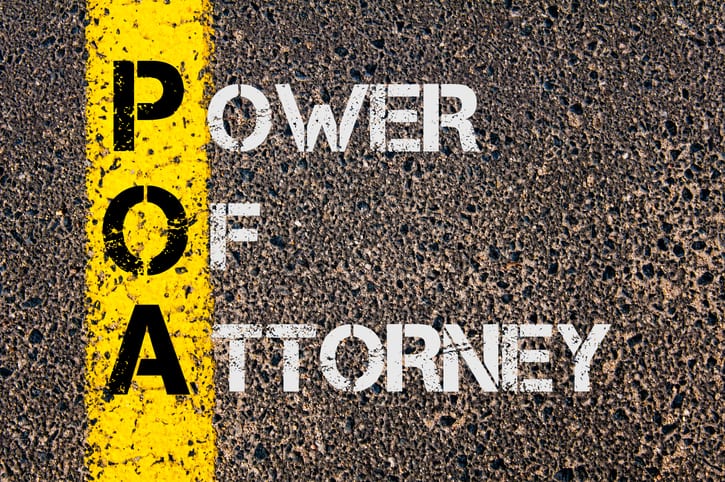
While many people are aware of the importance of a power of attorney (POA) for healthcare, it is easy to overlook having a similar power of attorney for financial decisions. A POA allows you to designate an agent who can make those decisions on your behalf when you are ill or injured, or simply unavailable.
This can have an effect on your assets and resources for estate planning purposes if they cannot be actively managed during a prolonged illness, as well as limiting access to funds for family members who may need support.
When does a POA come into effect?
You have some choices as to when the POA is effective, and it can be drafted in several different ways, depending on your needs:
It becomes effective as soon as you sign it and it is valid until you become incapacitated (not a ‘Durable POA’.) You designate the POA as ‘durable’ which would allow continuing validity from the date of signing and even if you are incapacitated.It is effective only when you become incapacitated (‘springing durable POA).
Who should act as the POA agent?
This is a similar choice for healthcare POAs or the executor/trustee of your will or trust. Often it will be a family member or trusted friend who is willing to take the responsibility for managing your finances. It does not have to be a financial or legal professional.
What does a financial POA cover?
You agent can make a range of decisions for you depending on your wishes including:
- Banking transactions
- Bill payments
- Investment decisions
- Collect insurance or government benefits
This ensures that your financial affairs will be handled while you are unable to tend to them. Otherwise, a court order would be required to oversee financial matters. You can make the POA broad or limited to very specific types of decisions.
When does a financial POA end?
A POA can end in several ways:
- Revoked by you
- Divorce
- A court invalidates it if you were mentally incompetent when you signed it
- The agent is no longer available
- You become incapacitated and the POA is not designated as durable.
How do I know if I need a POA?
If you have significant investments, business interests or other complex financial arrangements, a POA can give you the peace of mind that your agent will take care of managing those assets and interests. It can also be helpful for single parents, who have sole access to bank accounts for support of the family; and elderly people who live alone.
If you want to know if a financial POA is right for you, please contact the estate planning attorneys at Shoup Legal.